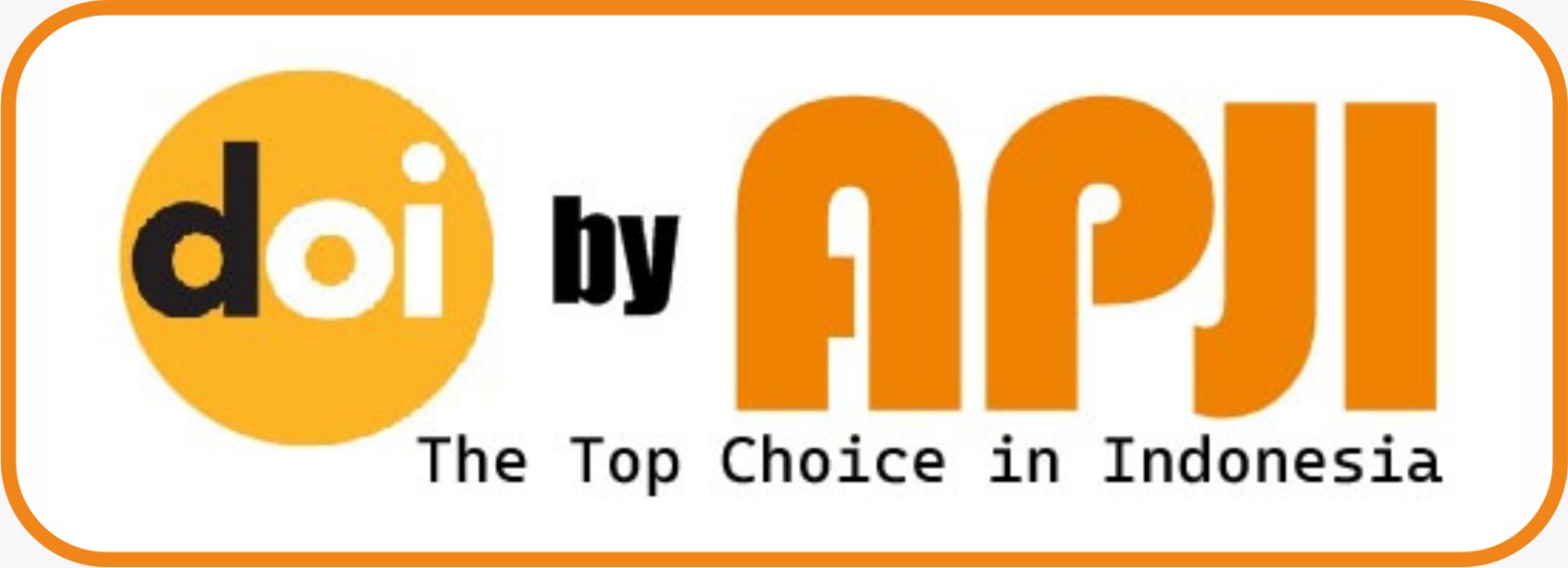Implementation of the Health Bailout Assistance Policy at the North Gorontalo District Health Service
DOI:
https://doi.org/10.69930/jsi.v2i1.200Keywords:
Policy implementation, health bailout funds, inhibiting factors, qualitative descriptive researchAbstract
The objectives of this research are: (1) To understand and analyze the implementation of the health bailout policy at the North Gorontalo District Health Service in terms of the degree of change desired, (who) implements the program, and the resources produced, (2) To know and analyze the inhibiting factors implementation of the health bailout policy at the North Gorontalo District Health Service. This research uses a qualitative approach with a descriptive research type. The data consists of primary data from interviews with informants and observations and secondary data from document studies. The results of the research show that the implementation of the health bailout policy from the aspect of the degree of change desired, namely being a solution for the community and also beneficial for recipients of aid so that they get health insurance and provide the changes they want to achieve, the aspect of implementing the program, namely implementing the health bailout policy, is The Health Service manages the Regional Government of North Gorontalo Regency. In contrast, the resource aspect used is the facilities and infrastructure or health facilities available for health services at RSUD, but these health facilities are still inadequate. Furthermore, factors inhibiting policy implementation are limited human resources, which are insufficient and less competent, lack of government outreach to the community, and unclear population identification numbers, integrated data on social welfare for underprivileged communities, which causes the data to be invalid.






















